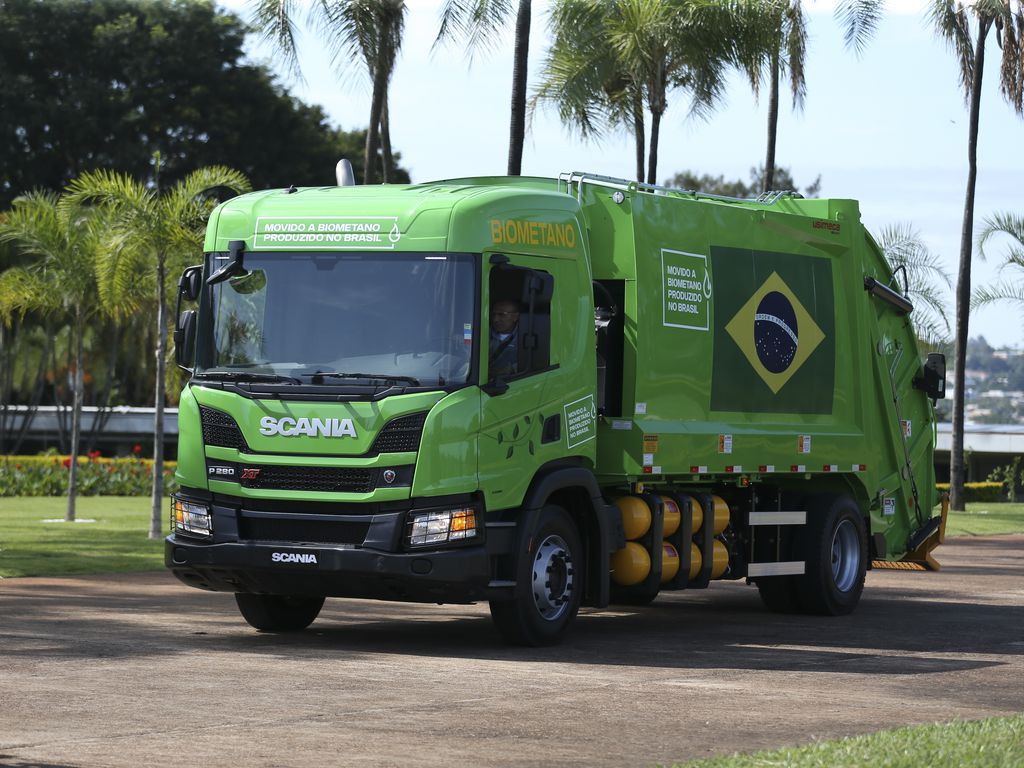Brazil has long boasted a comparatively clean energy matrix, thanks to significant hydroelectric power output in the country. However, as climate change makes hydro an increasingly unreliable power source – and pressure grows for countries to diversify and clean up their energy mix – attention is turning to alternative renewables. One of these is biogas, and its purer derivative, biomethane.
Biogas is obtained from organic waste – typically agricultural crops, animal manure, household waste, and human sewage – which undergoes a process known as anaerobic digestion to separate the gasses from the organic matter. The resultant biogas is composed of methane (accounting for 45 to 75 percent) and carbon dioxide.
Biogas can then be transformed into biomethane through a process known as upgrading, which removes the carbon dioxide and leaves a pure renewable natural gas with over 90 percent methane content. Biomethane is interchangeable with conventional natural gas and is touted as a low-carbon substitute for diesel.
In Brazil, it is primarily used in industrial and heavy transport sectors. But the biomethane industry is still in its early stages in the country, with huge potential for development.
“Brazil has a unique opportunity to be a world leader in the production...


 Search
Search






































